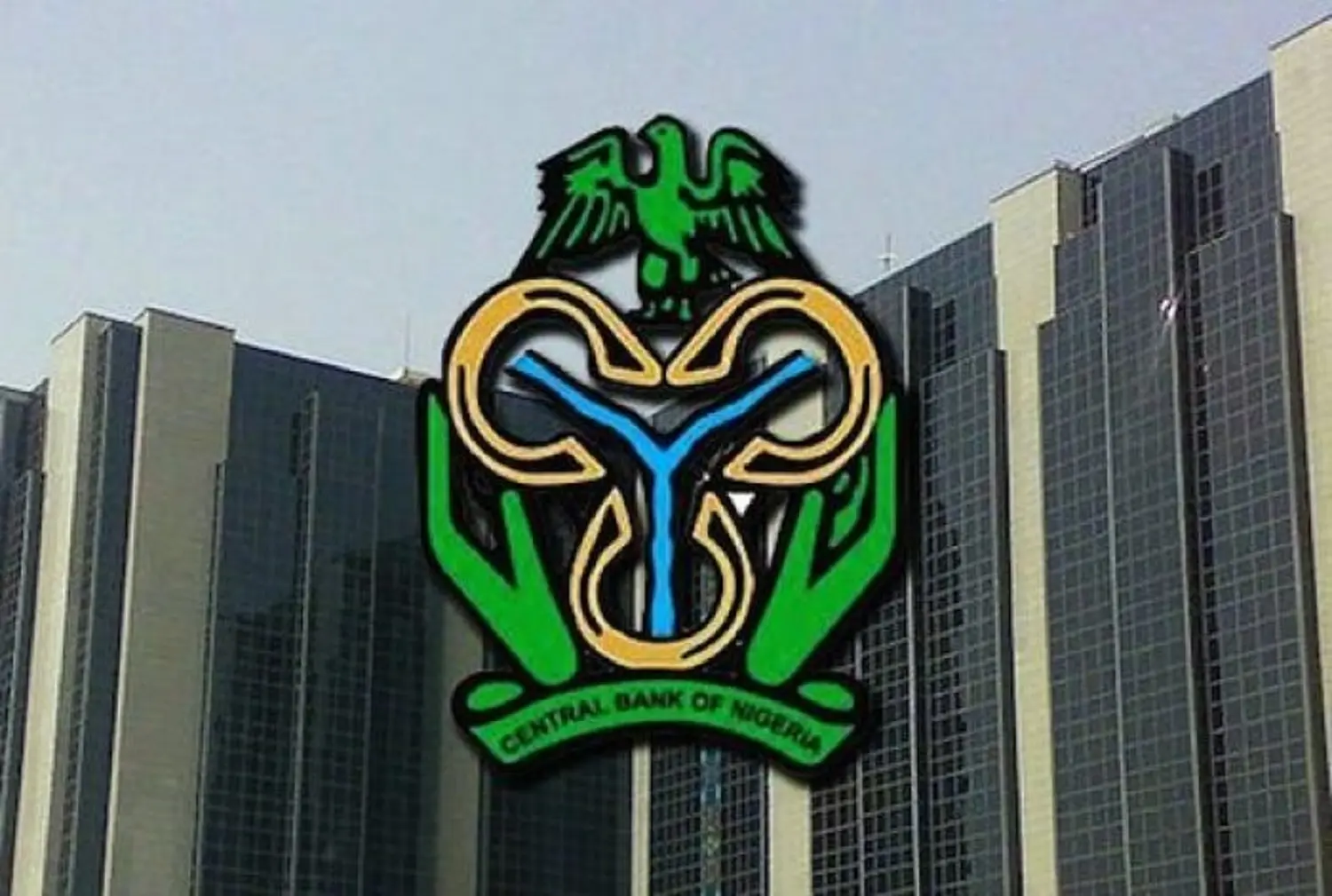Time to restructure CBN
Recent events in Nigeria’s financial sector indicate a yawning gap for a restructuring of the nation’s central bank. The Central Bank of Nigeria, as currently constituted, is inimical to the ethical, fair, and neutral regulatory framework needed to engender growth and overall development of the economy. From the roles and position of the Governor to […]

Recent events in Nigeria’s financial sector indicate a yawning gap for a restructuring of the nation’s central bank. The Central Bank of Nigeria, as currently constituted, is inimical to the ethical, fair, and neutral regulatory framework needed to engender growth and overall development of the economy.
From the roles and position of the Governor to his relationship with the four Deputy Governors of the Bank, and the appointment of members of the Monetary Policy Committee; there is an urgent need to change the composition of the bank’s organs and roles played by its principal officers, not only in the Bank but also the entire spectrum of the nation’s financial system.
For instance, the CBN Governor is at once its chief executive officer and the chair of its board of directors, a clear anomaly. The governor is also the chairman of the Bank’s Monetary Policy Committee, according to Section 12, subsection (2) of the CBN Act 2007, which details the composition of the MPC as: the Governor of the Bank, who shall be the Chairman; the four Deputy Governors of the Bank; two members of the Board of Directors of the Bank; three members appointed by the President; and two members appointed by the Governor.
Daily Trust believes that the time has come for some of these anomalies to be rectified so that our central bank can indeed play its role without undue interference from personal interests. The concentration of so much power on the governor of the CBN is an invitation to abuse, particularly in our context of weak institutions. The cases of rascality that Nigerians have witnessed about the conduct of monetary policies arose chiefly because of this.
Delta Rep assures of turnaround of Ndokwa nation
Ladduga killing: Army begins investigation
We, therefore, call for the separation of the offices of the Chairman of the Board and that of the Governor. Nigeria should be able to find a suitably qualified man or woman who can chair the board of the bank and direct its operations to achieve the bank’s set goals, and improve mechanisms for accountability. This is the case in Kenya, where the chair of the board is separate from the governor. In addition, the membership of the MPC should alsoinclude representation from other sections of the economy, such as manufacturing, labour, or other relevant interests who bear much of the brunt of the monetary policies from the bank.
We also emphasise the quality and qualifications of anyone to be appointed as governor of the bank. In the last two decades or so, we have seen people with varying backgrounds appointed as governors, but from all indications, it appears that people with formal training in the field of Economics have performed better than others. We particularly warn against the practice of appointing people serving as Chief Executive Officers of banks to the lead the CBN, as this not only throws up conflict of interest issues but often lead to entanglement and confusion of fiscal and monetary policies.
We, therefore, call for specific provisions on the appointment of the governor, particularly a review of the current nebulous provision in Section 8, subsection 1, of the CBN Act which states that “The Governor and Deputy-Governors shall be persons of recognized financial experience”. Formal training and experience in economics, including economic history, is far more useful for modern central banking than in experience in commercial banking and finance.
We also call for more visible roles for the four Deputy Governors of the CBN. Deputy Governors should play the role of checkmating against any excesses of the Governor in the interest of the institution and the economy at large. In this wise, we hereby call for the provision of a channel for Deputy Governors of the Central Bank of Nigeria to raise their voices to the appropriate authorities when things begin to go in the wrong direction at the regulator. One way of ensuring this is for the appointment of deputy governors to be depoliticized; should follow formal recruitment procedures for senior economists and conducted by the President with the advice of the CBN Board, not the governor.
Moreover, relevant provisions in the CBN Act need to be strengthened to make them more explicit in relation to what the CBN Governor, Deputy Governors and other senior officials can or cannot do. In particular, the regulation banning political association and participation in partisan politics should be made explicit. A situation where a sitting CBN Governor is seen as being associated openly with partisan politics should never be allowed to recur. CBN Governors and Deputy Governors should also be barred from direct or indirect involvement in sectors like commercial banking for at least 10 or 15 years after leaving the bank, let alone to acquire shares in any banks or financial institutions.
Finally, we call for a strong enforcement mechanism for the amendment made to the CBN Act, 2007, by the National Assembly last year, which increased the total amount of advances that the bank can give to the federal government to 15%, from 5% of the government’s previous year’s revenue. Considering the way this provision (the now infamous Ways and Means) was abused by the last administration, it is important to build strong enforcement mechanisms around the Ways and Means advances to government, otherwise we will end up with a situation whereby government money will be printed straight into private pockets. We believe that if all of these measures and more are taken, the central bank will be seen as the people’s bank because its decisions will align with the interests and expectations of Nigerians which it should serve at all times.
